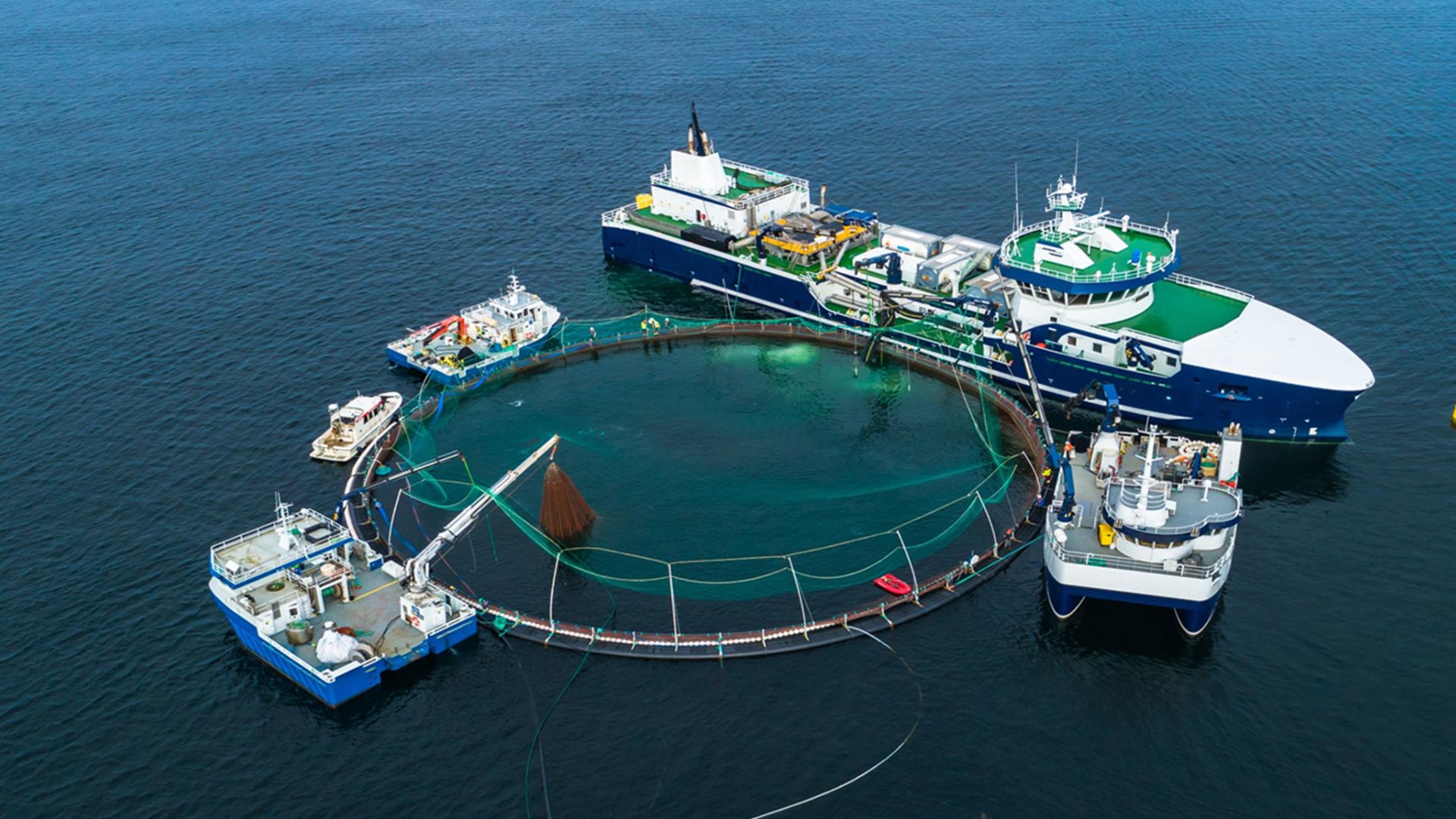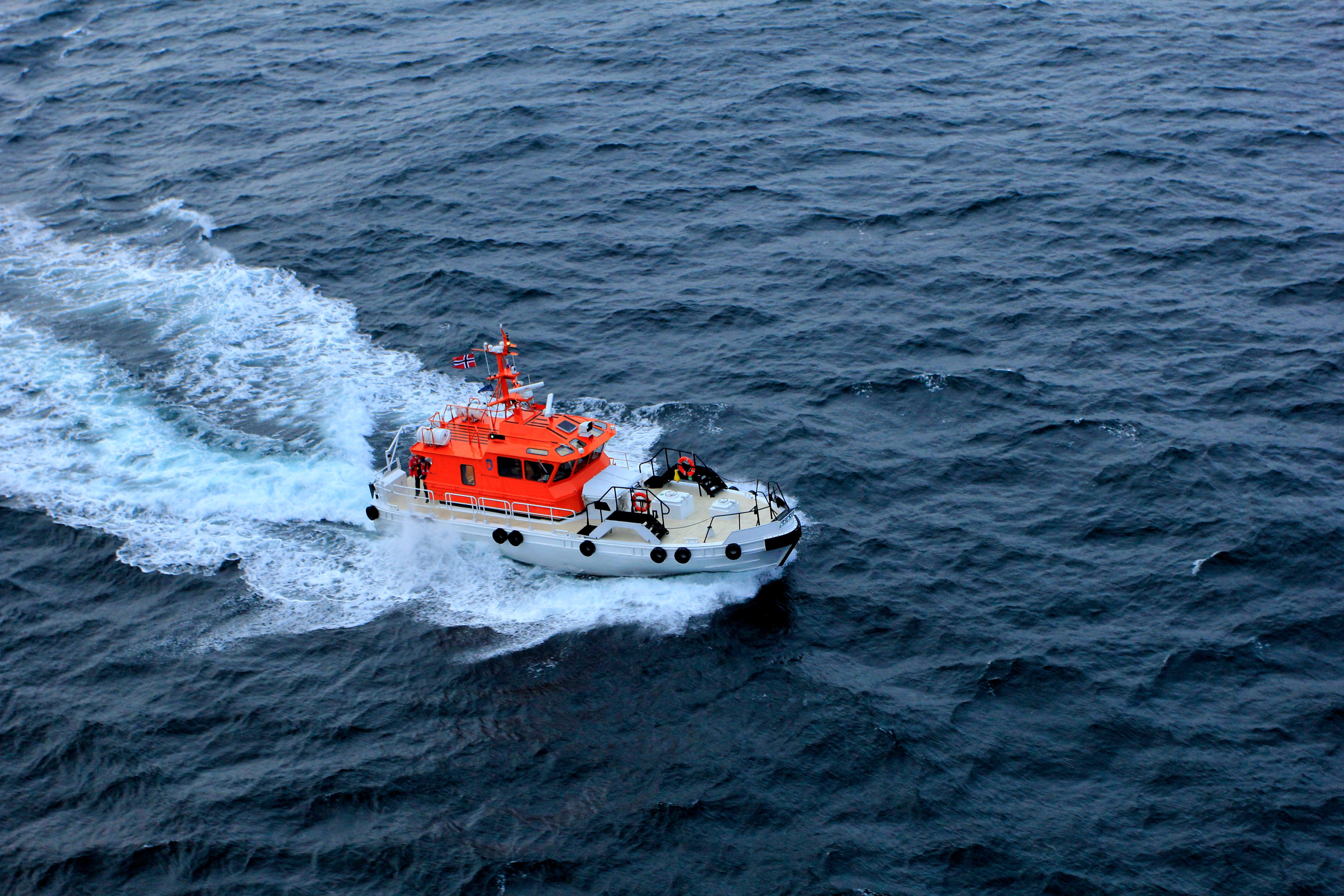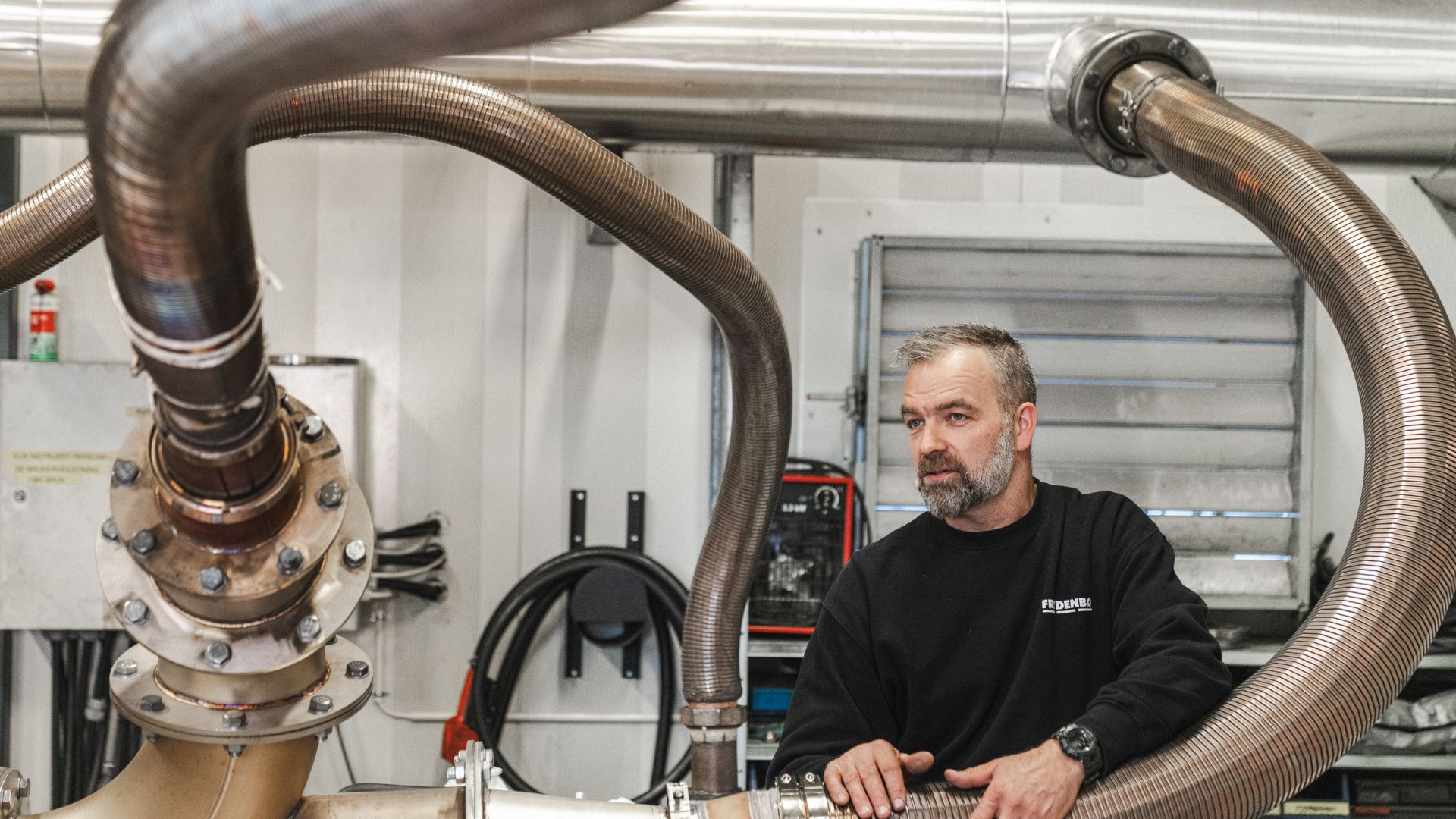.jpg?width=5272&height=3948&name=Frydenb%C3%B8%20Industrier%20AS_Kristoffer%20Antonsen_www.kvassfoto.no--10%20(1).jpg)
When choosing a new propulsion system for your vessel, there are several factors you need to consider to ensure you get a system that fits your needs, the operating environment you operate in and the financial framework you have set yourself. We at Frydenbø are specialists in propulsion systems and give you some advice here on what you should think through before you go for the acquisition of a new system.
1. Type of Vessel and Area of Use
Size of the vessel: The size of the boat will determine how much power the propulsion system must be able to deliver to function optimally.
The vessel's area of use: What will the vessel be used for? Is it a leisure boat, work boat, ferry, fishing boat or ship? Work boats will typically require a robust system with high operational reliability to avoid downtime.
Speed requirements: Think about what cruising speed and top speed you expect. Some systems are optimized for high speed, while others are better for steady, lower speed.
2. Efficiency and Operating costs
Fuel economy: How important is it to you to keep fuel costs down? Modern engines and electric propulsion systems are designed to be more energy efficient, which can reduce both fuel consumption and emissions.
Maintenance: How much maintenance does the system require? Some systems are easier to maintain and have a longer lifespan, which can reduce overall operating costs over time.
Learn more about electric and hybrid propulsion from Frydenbø
Conventional solutions from FPT Industrial
3. Environmental considerations
Emissions requirements: Check whether there are emissions requirements for where you will be using the vessel. Stricter environmental requirements, such as NOx and CO2 emission limits, can influence the choice of propulsion system. In the ECA areas, the current IMO Tier III regulations apply.
Solutions that satisfy the IMO Tier III regulations

Fhoto: Mare Safety. Boat equipped with NOx ATS cleansing system from Frydenbø.
Noise level: Low noise level is important, especially in environments where noise pollution can be a problem. Electric motors are very quiet compared to traditional combustion engines. More and more aquaculture customers are choosing to switch to hybrid systems on their work boats precisely to reduce noise and emissions. Good for the fish and good for the people who work on board.
4. Budget
Acquisition cost: What is your budget for purchasing the propulsion system? Electric and hybrid engines often have higher acquisition costs than traditional diesel engines but can be more cost-effective over time.
Total cost of ownership: Consider both the acquisition cost and the total operating and maintenance costs. Some engines are more expensive to purchase, but cheaper to operate over the engine's lifetime.
5. Adapted to future technological developments
Technological evolution: Consider propulsion systems that can be adapted to future technological changes. For example, hybrid and electric solutions will be better equipped to meet future environmental requirements.

Battery pack installed in vessel.
6. Traffic area and environmental conditions
Sea conditions: Should the boat operate in coastal waters or at sea. The boat's propulsion system must be able to adapt to environmental conditions such as waves, currents and wind conditions.Frost or cold conditions: If the boat is to be used in a cold climate, you must choose a propulsion system that can withstand such conditions. This includes heated diesel systems or special solutions for electric motors.
7. Maneuvering
Maneuverability: The choice of propulsion system can affect the boat's manoeuvrability.
8. Availability of Service and Spare Parts
Local support: It is important to choose a propulsion system from a supplier that has a good network of service partners and access to spare parts in the area where the vessel will be used.
9. Security
Reliability: Choose a system with proven reliability. Safety at sea depends on the engine and propulsion system working flawlessly in all conditions.
Choosing the right propulsion system is about balancing the requirements for power, efficiency, environmental considerations, costs and safety. It is important to evaluate what is best for your vessel based on use, environment and future needs. The right choice of propulsion system can optimize the vessel's performance, reduce costs and ensure safe and efficient operation for many years to come.
We at Frydenbø help you choose systems that are adapted to your needs and regulations.



